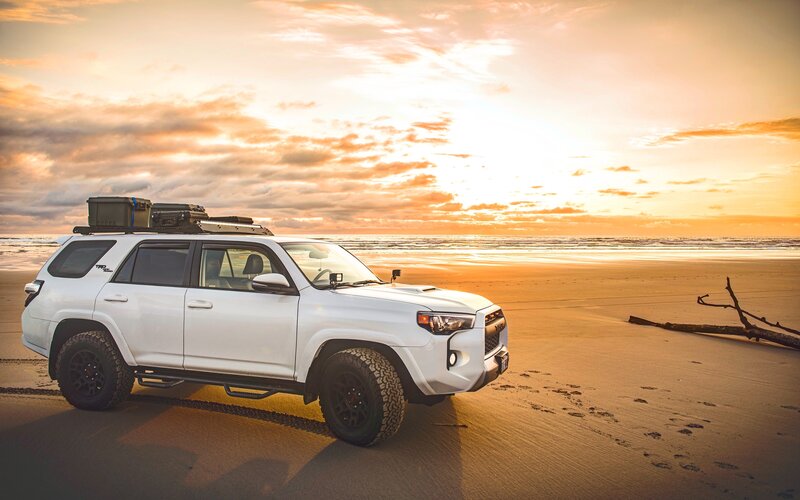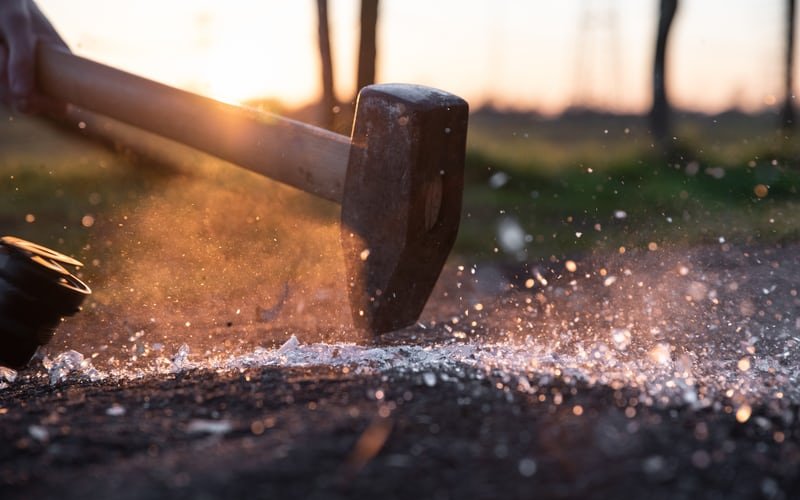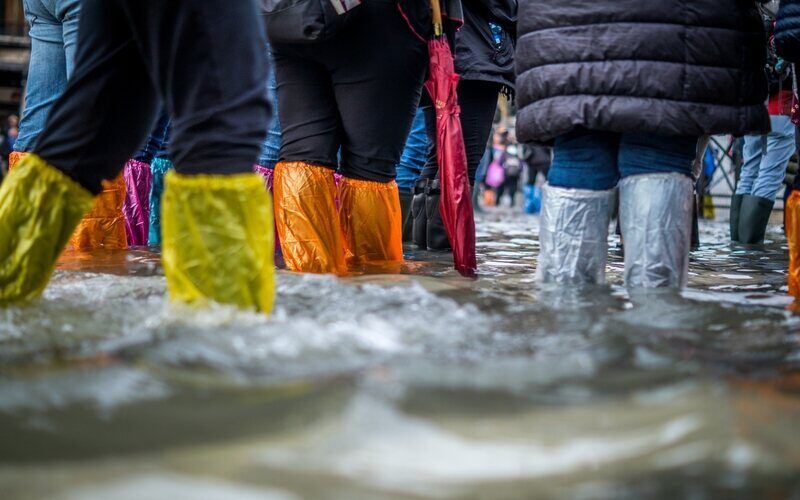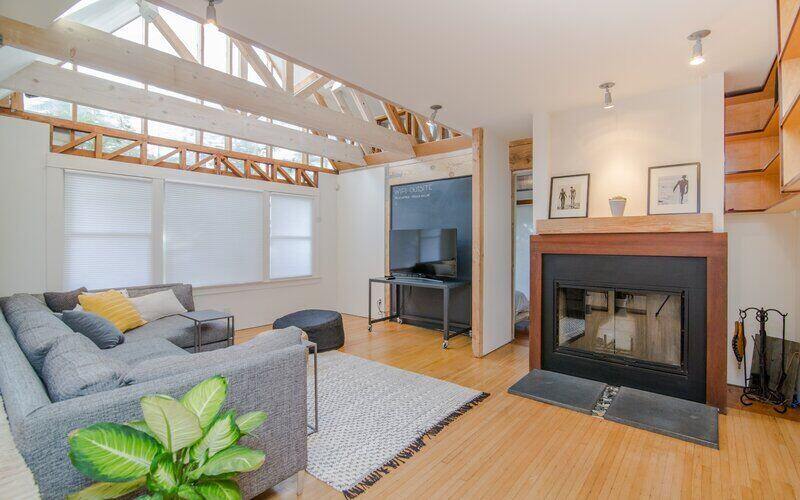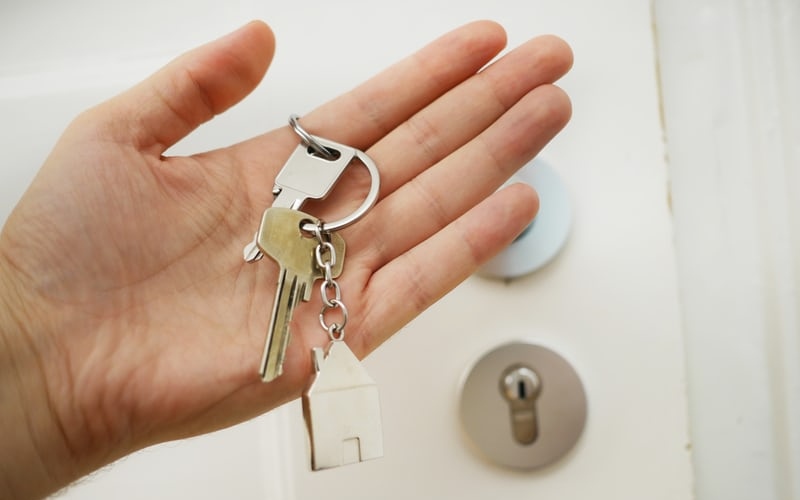For first time or experienced movers, rose tinted glasses can sometimes make us forget to check all the boxes before we apply for a property. Missing key details might cost you in the long-run due to unexpected costs… or just make you resentful.
Ray White Aspley Business Development Manager, Jordan Slinger, said owners and agents always recommend inspecting properties before moving into a rental and shared some helpful tips on what to look for.
“The most important components when selecting a rental are: location, pricing, suitability and the duration of their lease matching up with the owners,” Mr Slinger told Savings.com.au.
“Some owners are looking for short term, some looking for long and this is something you can ask your agent to assist with your decision.
“Also remember location is not only the suburb itself. It is also about considering your proximity to bus stops, main roads, schools , distance to work and leisure.”
Mr Slinger also said that the best way to assess if you can afford the rent, is by applying the ‘rule of thirds’.
“Affordability is measured on your weekly income. The general selection process for agencies is whatever the applications weekly income is divided by three and that has to be more than the weekly rent,” he said.
Also read: How much should I pay in rent
How to save money on a rental property
Mr Slinger outlined some key areas to be mindful of when looking to save money on a rental:
-
Rentals with solar panels come with cheaper electrical bills.
-
Owners who will pay for pool servicing/garden maintenance.
-
Water compliant properties as these are properties with water saving taps, seals and washers on taps.
-
Consider cheaper areas to rent further from the city CBD.
-
What is the responsibility for tenants regarding water payments.
-
Is the property individually metered and water efficient?
-
-
Bond payment date.
-
Does the two week deposit I paid to secure the property mean I don't pay for the first two weeks?
Mr Slinger also shared some factors to remember if you are renting with a group/share house.
-
Is the landlord looking /would consider a group application?
-
Is there enough space for the group?
-
Can we afford this and is the group who I am sharing with reliable?
-
The lease responsibilities are shared so if one person bails then this comes back on the rental history of all occupants.
What to look for at an inspection
The agent holding the inspection may not be the leasing agent
Often real estate agents are managing multiple rental properties at one time, sometimes upwards of 30 properties.
This means they often send a junior agent or assistant to open the rental for inspections.
It’s important to remember this agent may not be able to answer all your questions, and may not know much about the property, so make sure you check with them how you can contact the leasing agent.
If you do have questions about the property always direct them to the leasing agent on the rental contract.
White goods at the inspection may not come with the property
When you attend an inspection, you may see a fridge in the kitchen, or a washing machine in the laundry, don’t assume these come with the property.
They may still be there from the last tenants, and have not yet been moved, or if it’s an apartment complex with a shared laundry, it may be someone else's washing machine/dryer.
Always double check this with the leasing agent, as most rentals don’t include white goods. Even if they do, they may not be working as well as you would like.
You also might already own your own white goods, and may need the ones left behind by a previous tenant to be removed before you move. This also applies for any tables/chairs or clothes racks in the rest of the rental.
Bedrooms and built in wardrobes
Whether you are going to be renting with someone else, or alone, inspect the bedroom closely. Not all bedrooms are created equal.
If a bedroom doesn’t have a built in wardrobe, that’s automatically going to cost you, as you’ll need to buy/bring your own storage like drawers, dressing table, free standing closet, clothes rack and so on.
If you are going to be sharing, not all the bedrooms may have storage for your belongings built in.
Similarly, not all bedrooms will be the same size. Most share houses will have a master that may come with better storage, a bigger space and even sometimes an ensuite.
You need to decide amongst your roommates if a better bedroom means higher rent for that individual.
Power outlets
This one has tripped me up in the past.
In the kitchen, you are going to need power points for a fridge, microwave, toaster, possibly a kettle, or air fryer.
In the living room you will need it for a TV, lights, internet modem, possibly a gaming console, and other entertainment devices such as set top box, Chromecast, a Firestick and so on.
In the bedrooms you will need them for your phone charger, pedestal fan and a bedside light.
Where they are positioned is also going to impact where you can put your electrical appliances.
Be sure to check for this at an inspection. Older homes can have limited power outlets or they can be in odd placements. Similarly, some smaller modern apartments may only have a select handful of power points, which dictates where your couch goes in relation to your TV and dining table.
If there aren’t sufficient power points, you’re going to end up at Bunnings spending money on extension cords and power boards for all your electronics down the track. It might not necessarily be a deal breaker but it’s one of those aspects that’s easy to overlook at an inspection.
Air conditioning and ceiling fans
There are many places where the Aussie summer means aircon on full blast, sometimes with a fan on as well.
It’s important to consider at a rental inspection the place’s ventilation. If you live in a hotter part of the country, it might be a deal breaker to not have aircon, and if it does, does it reach all bedrooms?
Sometimes there may just be air con in the living room, but not the bedrooms.
Bedrooms without aircon or a ceiling fan means you’ll most likely be forking out money for a powerful pedestal fan to keep you cool.
Also, check to see if there are enough windows to allow a breeze, and check to see if they open and close easily.
In colder climes, the same goes for heating, and what type of heating is featured, whether that’s central heating, a space heater or a panel heater.
Bigger cooling or heating capacity can mean higher power bills, but conversely the more efficiently it could run.
Parking
At a property inspection, make sure you confirm where the parking spaces are for the property.
Many units and townhouses don’t come with a carpark, and don’t always assume the information on the website is correct. If there is one, don’t be afraid to ask to look at it, as many leasing agents won’t automatically take you to it unless you ask.
If you're going to be sharing with other roommates, you need to check if there is designated parking for everyone with a car.
If you are inspecting a property in the inner city, there may be little to no street parking around your place, and may require a permit.
This is another conversation to have with your roomies, because many garages at apartments or townhouses only have space for one car, even if it’s a two or three bedroom rental.
If there is a parking space, check to see if its easily accessible and if your car can actually fit. If you have a larger ute or SUV, for example, it may be a tighter squeeze in a smaller city apartment parking spot.
Also check if it’s undercover, as you could risk weather damage over the course of your tenancy if you don’t have a safe place to put it during storms and wet weather.
If you work as a tradesperson, you may need a lock up garage for storage of expensive tools and work gear.
Storage
An underrated necessity for any rental is available storage space in the following rooms:
-
Kitchen - check if there is a large enough pantry, room for a fridge, pots, pans, oven trays, plates, a kitchen bin, spare bin bags and cleaning products. Consider how much bench space there is. Also check to see if there is a dish washer, and how big the sink is to wash dishes. Check to see if your fridge can fit in the space.
-
Bathroom - Check for room for your spare towels, toiletries, brushes, hair dryer, straightener etc.
-
Bedroom - Room for all your clothes, spare linen/sheets, other personal belongings, sentimental goods.
-
Living - Make sure there is room for a vacuum cleaner, mop, cleaning supplies, perhaps spare couch rugs, beach towels/gear.
-
Laundry - Is there space for a washing machine, dryer, cleaning products, small free standing clothes line.
-
Garage - Check the car spaces, outdoor furniture, or camping, fishing, boating, surfing gear etc. Also is it able to be locked up or is it under cover?
Access for moving furniture in
When you get approved on your rental (yay!) you then have the strenuous task of moving all your furniture into the place.
It’s important to factor the move into your inspection. For example, moving into an apartment complex without an elevator means you’ll be carrying every couch, bed, desk, kitchen table up and down when you move in.
If this is the case, many apartment complexes have narrow staircases, meaning you will be risk damage to your belongings on the way up and down. If the hallways, or doorways are narrow, this may also make things tricky when you get up and down. Often overlooked is the size of the staircase within the townhouse or house if there is one - this can make getting a mattress upstairs a mighty effort. Pivot!
Laundry facilities
When you go to a rental inspection, check to see if laundry facilities are in the house or unit. Many apartments will have space in the garage, or a communal laundry for all tenants in the building.
If your place comes with laundry facilities, lucky you! Check to make sure they are working and if not, are they going to be replaced before you move in?
Some laundries will only have space for a washing machine and not a dryer, or may not have a sink to soak clothes. Also check to see if there is a clothes line, or will you have to supply your own.
Another thing to look for is if the laundry area can support either a top loader or front loader washing machine. Bringing a tape measure to an inspection may make you look a bit weird, but at least you’ll be prepared and not risk having a washer that’s too big or the wrong kind.
Balcony/backyard/outdoor area
Different people have different priorities with outdoor areas. Some like a big backyard for entertaining, others might be looking for a low maintenance patio/balcony.
Consider this when you inspect the property, many apartments may only have a small balcony or even none at all.
If you need space for a BBQ, outdoor furniture, or a pet, make sure you think about this before you apply for the property.
Also always be transparent if you do have a pet before you apply for the home.
Internet, electricity and gas
It’s expensive living, and these three utilities can cost thousands a year.
While the inspection agent may not know, the leasing agent ideally should know what the situation is for utilities. If not, a bit of web sleuthing can go a long way.
Internet
You might want to find out whether the rental is connected to the NBN, and what type. Even if you’re just looking to stream Netflix of a night, having the wrong plan for your demands can ruin your experience.
‘Fibre to the premises’ or FTTP NBN is generally the fastest and most reliable, but connected to the fewest homes. ‘Fibre to the node’ is generally the slower of the fixed line connections yet the most common. Rural homes may be connected to fixed wireless or SkyMuster satellite.
Apartment buildings might use their own brand of ISP - internet service provider - and you will be limited in the number of plans you can choose from, and hence potentially pay a higher price. Either way, entering your address into the NBN Co address checker can put your mind at ease.
Electricity
Many apartment buildings might use just the one provider. This is convenient, but depending on how it’s structured could cost you more.
Also find out if the water is heated by gas or electricity, and if there are communal heaters or one individually metered for each apartment. The Government’s ‘Energy Made Easy’ website will let you compare plans and look at what’s available at your address.
Gas
Gas cooking is pretty easy to discover in a rental inspection. However, what you might not have considered is that with gas, that’s another bill you’ll have to pay on top of electricity. While gas can save money in a larger household, in a 1-2 person household the gas supply charge might be the main proportion of your bill, rather than the usage charge. It might not be a deal breaker, but consider if gas cooking might actually leave you more out of pocket.
Also find out if the water is heated using gas - gas is likely going to be cheaper than electric heating.
The bottom line
There's an awful lot to consider before moving into a rental property. In addition to all these factors is your own personal checklist of what you want in a home.
Most rentals won’t be perfect, so it’s important to go to plenty of inspections to understand what your priorities are. You might be willing to sacrifice air con for a property with a big backyard. You might not be phased about whether your car has an off street garage but need a second bedroom/office space.
Decide what is most important to you and enjoy the exciting move ahead.
Image by Kimson Doan via Unsplash

Ready, Set, Buy!
Learn everything you need to know about buying property – from choosing the right property and home loan, to the purchasing process, tips to save money and more!
With bonus Q&A sheet and Crossword!

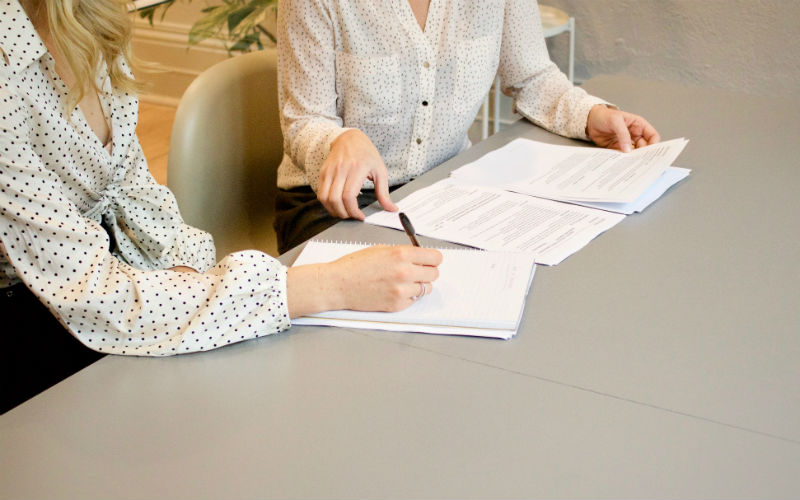
 Denise Raward
Denise Raward
 Rachel Horan
Rachel Horan


